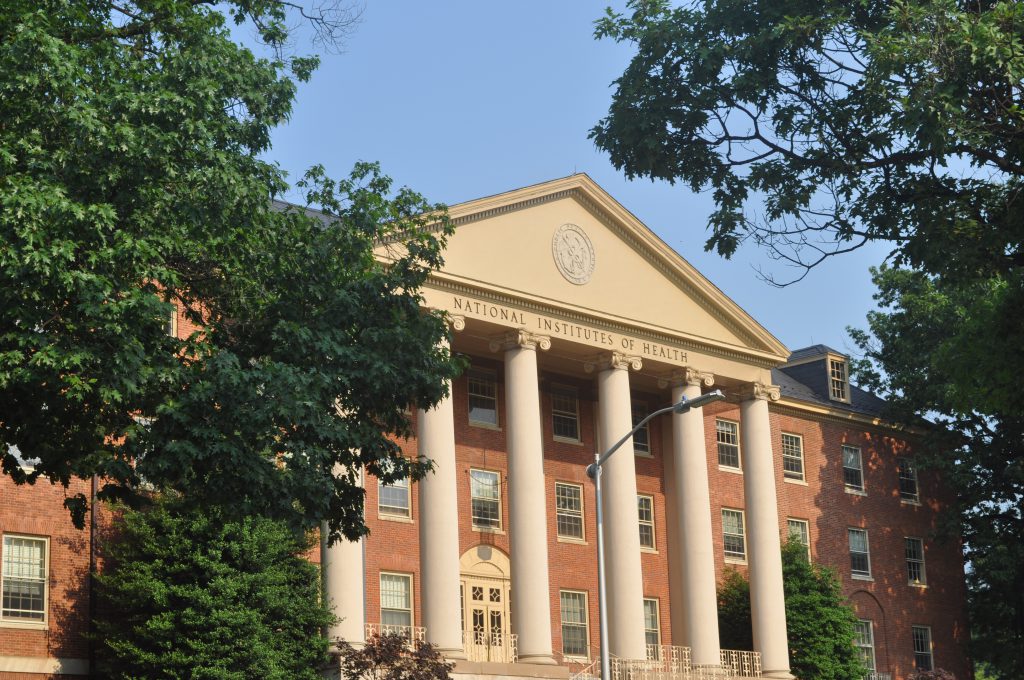NIH Research Opportunities Related to COVID-19
Top psychological science funders offer opportunities to revise grants to study COVID-19

In response to the rapidly evolving situation surrounding COVID-19, institutes within the US National Institutes of Health (NIH) have issued Notices of Special Interest (NOSI) designed to allow researchers to apply their existing NIH research grants to COVID-19 research. These NOSIs offer competitive revision and administrative supplement opportunities which differ in scope and research area depending on the issuing institute; they allow researchers across all fields, including psychological science, to contribute their expertise and research projects to the growing body of COVID-19 research.
As an example, the National Institute on Aging (NIA)’s notice of special interest is titled, “NIA Availability of Administrative Supplements and Revision Supplements on Coronavirus Disease 2019.” According to NIA, those applying for this opportunity should propose studying a COVID-related research area of interest to NIA, for example studies of prevention practices (hand washing, social distancing) and factors that influence adherence, how social distancing impacts care and wellbeing of vulnerable populations, or longitudinal studies examining the economic, institutional and social impacts of COVID-related changes. Other NIA interests include studies of neurological and neurocognitive symptoms in COVID-19 in older adults and studies of the mechanisms that underlie the SARS-CoV-2 neurological symptoms in older adults.
Below are additional opportunities for psychological scientists who currently hold NIH grants to apply for competitive revision and administrative supplement funding to study COVID-19.
NIMH
Expiration:
4/16/2021
NIDA
Expiration:
3/31/2021
NIAAA
Expiration:
4/26/2021
OBSSR
Expiration:
4/1/2021
NCI
Expiration:
6/26/2020
NIGMS
Expiration:
2/6/2021
NHLBI
Expiration:
10/6/2020
NHGRI
Expiration:
5/16/2020
NLM
Expiration:
6/2/2020
NINDS
Expiration:
5/9/2020
Want to learn more about COVID-19’s implications for funding agencies? Visit APS’s Grant Policy Changes for Psychological Science Funders page to learn about how science agencies around the world are responding to the crisis.





APS regularly opens certain online articles for discussion on our website. Effective February 2021, you must be a logged-in APS member to post comments. By posting a comment, you agree to our Community Guidelines and the display of your profile information, including your name and affiliation. Any opinions, findings, conclusions, or recommendations present in article comments are those of the writers and do not necessarily reflect the views of APS or the article’s author. For more information, please see our Community Guidelines.
Please login with your APS account to comment.